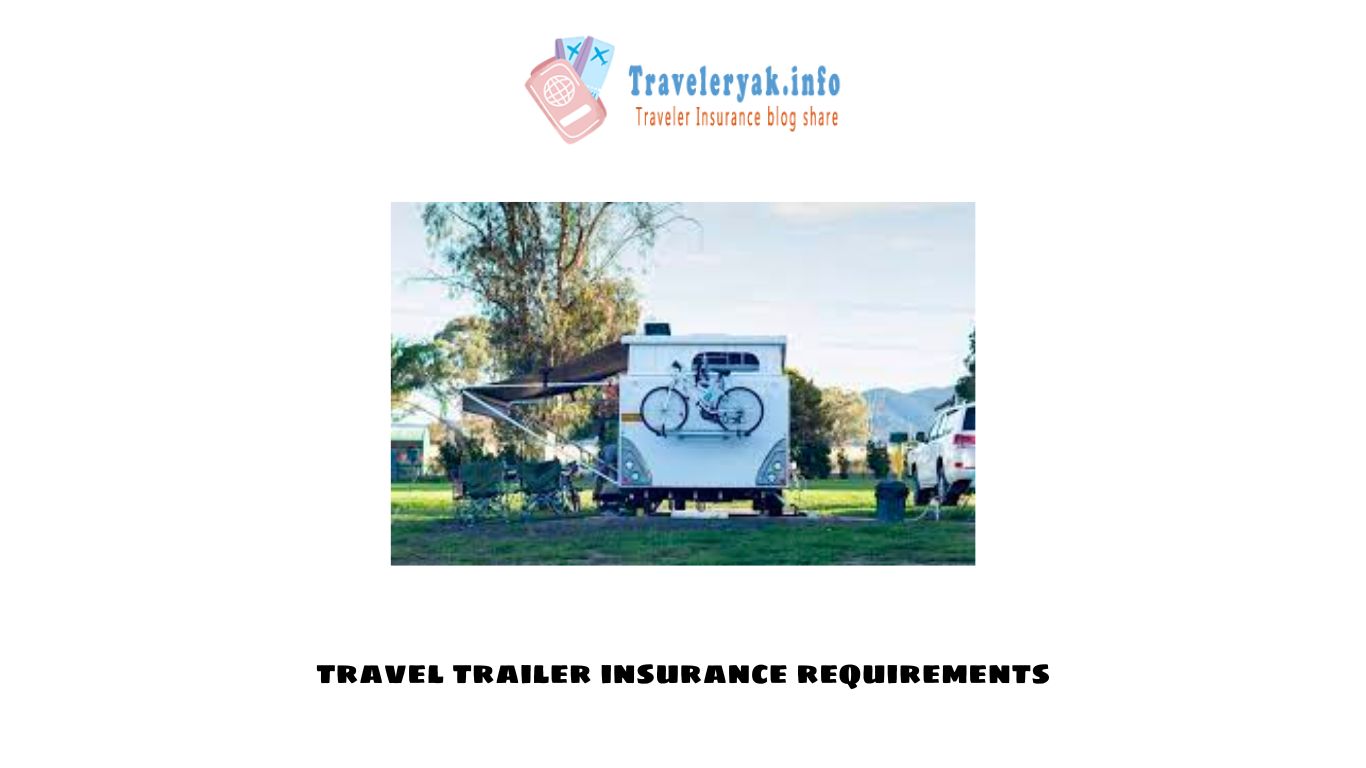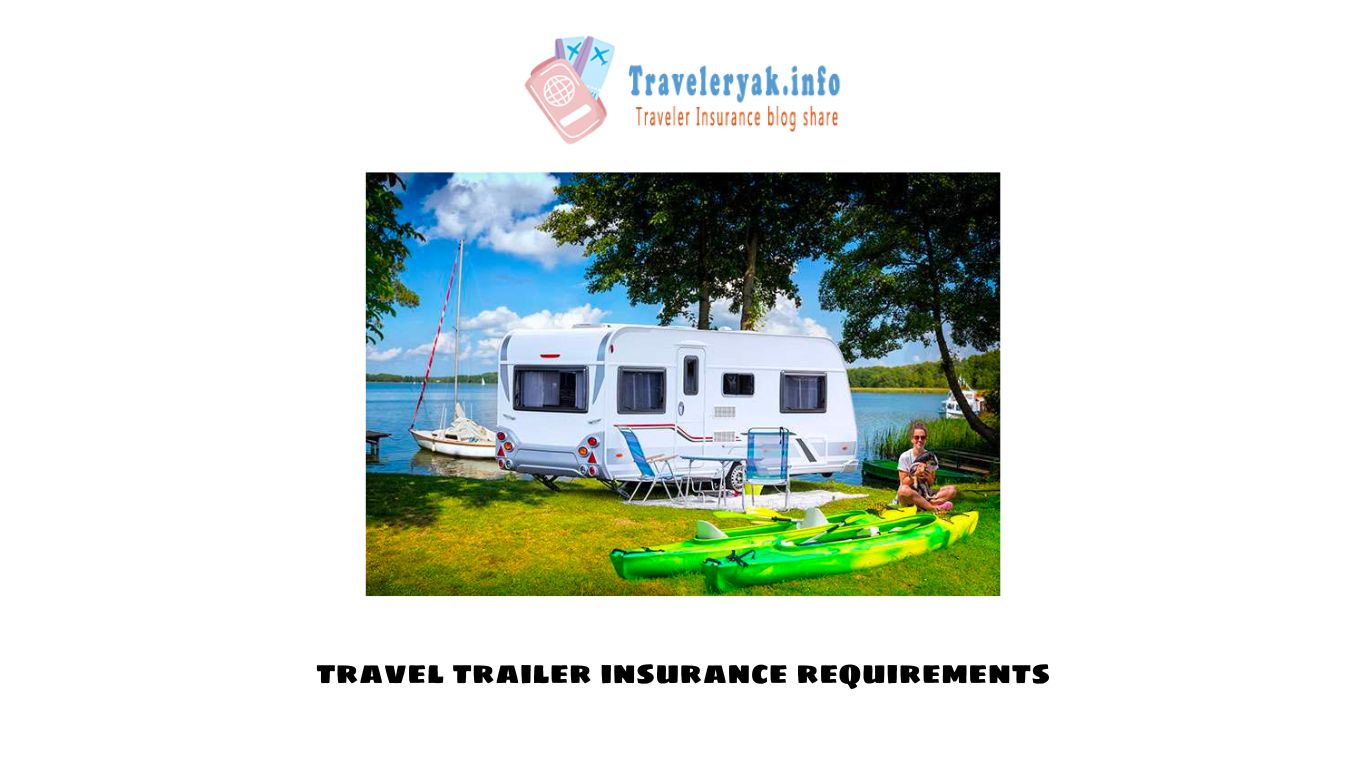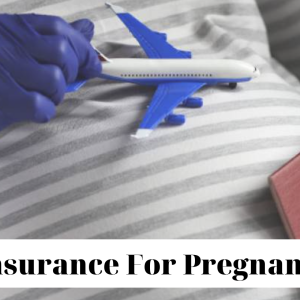Owners of travel trailers have several important travel trailer insurance requirements to keep in mind in order to comply with laws and properly protect their investment. While travel trailer insurance requirements can vary by state, there are some basic provisions that homeowners should understand nationwide.
Let’s Traveleryak examine the core travel trailer insurance requirements you’ll need to satisfy with your policy. Meeting these basic standards will ensure you have the necessary coverage for both liability and physical damage.
Understanding the Basic travel trailer insurance requirements

Meeting these essential travel trailer insurance requirements ensures compliance, protects your substantial investment, and offers peace of mind while traveling or stationary. Contact a trained agent to assess your specific needs and customize coverage for your budget. Knowledge of basic policy standards helps recreational vehicle owners make informed decisions for proper protection.
- Coverage for additions/modifications – If you make upgrades to your trailer, like installing a new air conditioner or stereo system, certain upgrades may need to be listed on the policy to be covered. It’s best to contact your insurer before any major modifications.
- Storage at home – If you often store your trailer at your primary residence when not using it, your homeowner’s or renter’s insurance may provide some liability coverage during storage periods. Make sure to discuss this with your agent.
- Full-timing requirements – For those living in their trailer full-time, policies have specific requirements to qualify for full-time coverage, like not leaving the unit unattended for more than 2-3 weeks.
- Registration/plates – All states require travel trailers be properly registered and display license plates while towing on public roads. Proof of registration may be necessary should you be involved in an accident.
- Insured value – To satisfy replacement coverage in the event of a total loss, your trailers insured value should match its current market value. Adjust coverage as the trailer’s worth depreciates.
- Tow vehicle coverage – Your auto insurance provides basic liability coverage when towing. But consider upgrading for physical damage to your vehicle if the trailer causes an incident.
Liability Insurance Requirements

All states mandate a minimum level of liability insurance for any vehicle that can be towed on public roads, including travel trailers. Liability coverage pays for costs you’re legally obligated to pay if your travel trailer causes an accident resulting in bodily injury or property damage to others.
Most states set the minimum travel trailer insurance requirements for bodily injury coverage at $25,000 per person/$50,000 per accident. You’ll also need at least $25,000 in property damage liability coverage. It’s wise to purchase higher liability limits, such as $100,000/$300,000 for bodily injury and $100,000 for property damage, to provide better financial protection in serious incidents.
Physical Damage Coverage Requirements
While not required by law, physical damage coverage through comprehensive and collision insurance is a core piece of a complete travel trailer insurance plan. Comprehensive covers events like fire, theft, weather damage, and falling objects. Collision covers damage resulting from an accident if your travel trailer collides with another vehicle or object.
It’s recommended to satisfy both the comprehensive and collision travel trailer insurance requirements with broad coverage, if your trailer is worth insuring the investment. Deductibles of $500 or less ensure you can file smaller claims. Towing coverage is also a good add-on when needed.
Documentation Requirements
Proof of insurance is a travel trailer insurance requirement all owners must comply with. Law enforcement can request evidence your trailer meets minimum liability requirements whenever it’s being towed.
Make sure your insurance declaration page or ID card is easily accessible in your truck or tow vehicle. You should also carry registration and title documents showing ownership and Vehicle Identification Numbers (VIN). Some states require a placard be visibly displayed in window of the trailer as additional verification.
Policy Term Requirements

Typically the minimum policy term to fulfill basic travel trailer insurance requirements is six months to one year. However, you have flexibility to customize longer. Those who use their trailer seasonally for 3-6 months may only need a short-term policy. Year-round owners and full-timers usually opt for annual coverage. When renewing, review your travel trailer insurance needs and coverage limits.
Financial Requirements
While not technically a requirement, it’s wise to budget adequate funds to pay insurance premiums and deductibles upfront or in installments if claims arise. Premiums vary with factors like age and claims history, but expect to pay $300-600 annually minimum for basic liability and physical damage coverage on a standard travel trailer. Having sufficient emergency savings can prevent skimping on or dropping necessary coverage altogether due to costs.
Storage Requirements
If you store your travel trailer during off-seasons, find out if your insurance policy has any travel trailer insurance requirements regarding storage locations. Coverage may differ if storing on private property versus commercial spaces. Notify your insurer of storage addresses or switch to a lay-up policy with reduced rates when in long-term storage. Secure hitches with locks to deter theft at storage facilities as an added precaution.
Meeting these essential travel trailer insurance requirements ensures compliance, protects your substantial investment, and offers peace of mind while traveling or stationary. Contact a trained agent to assess your specific needs and customize coverage for your budget. Knowledge of basic policy standards helps recreational vehicle owners make informed decisions for proper protection.










